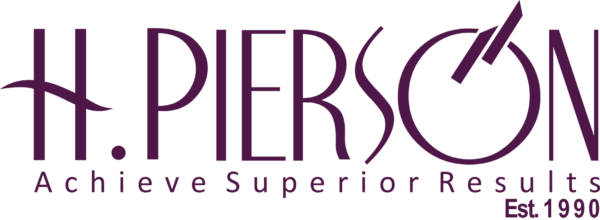Why the Next 5 Years will be the Most Challenging for Boards
January 2, 2024 training
Tomorrow’s boards of directors will face a host of new issues and challenges. How should today’s CEOs and boards plan appropriately for the future?
Tomorrow’s boards of directors will face a host of new issues and challenges. How should today’s CEOs and boards plan appropriately for the future? Chief Executive sat down with Peter Gleason, the incoming CEO of the National Association of Corporate Directors, who will take the reigns later this month. Here, he provides insight on the dramatic change to come in corporate governance as a result of constant business disruption and why boards need to value diversity, information flow and long-term vision.
Q: What are some of the biggest issues boards are currently concerned about?
A: According to our survey, the greatest concerns, in order of importance, are global economic uncertainty, increased regulatory burden, significant industry changes, business model disruptions, and cybersecurity threats. The recent election seems to have reduced fears about regulation and taxes, but the other issues are likely to linger or even grow as concerns.
Q: How do you foresee boardroom leadership changing over the next five years?
A: It will be one of the most challenging periods in the history of corporate governance. The hallmarks of the current century are volatility, uncertainty, disruption and risk. Directors and boards collectively need to help companies meet these challenges head on. In response to the volatility, they need to be able to see the long term and the big picture, and ensure good information flow. They’ll also need to strengthen their oversight of risk and know their role in crisis response. At the same time, boards will need to help management look for new opportunities through market expansion and innovation.

Q: What are some trends you’re seeing in board recruitment and retention?
A: Our 2016 survey found that boards are turning more often to professional recruiting firms when looking for new directors. For the first time since NACD began probing search sources, more respondents indicated that the last director their board recruited was identified via a third-party search firm.
Q: Tell me about the importance of all types of diversity, not just along the lines of gender and ethnicity, but also in background and experience.
A: It’s important because without it you can get a think-alike board that lacks a well-rounded perspective. I would also add personality type as a goal, as well as candidates who have the skills needed to fulfill the strategy of the company. To achieve this, a board can proceed step by step. Start with your strategy. Write a wish list and then match your current board against it. If there are skills you need and do not have, then recruit as widely as possible and remove any biases. Directors may believe that only a large company CEO can fill this requirement. By removing this bias and looking more widely, it is likely that the pool of candidates will become more diverse.
Q: Tell me about NACD’s role in corporate director education and the need for standards.
A: NACD educates 20,000 directors every year, through a variety of programs, including our annual Global Board Leadership Summit, our fellowship programs, and regular monthly programs in our 22 chapters around the country. We also just launched our virtual Director Professionalism course and will be introducing a new virtual course on cyber risk in conjunction with Ridge Global and Carnegie Mellon University.
Source: chiefexecutive.net


